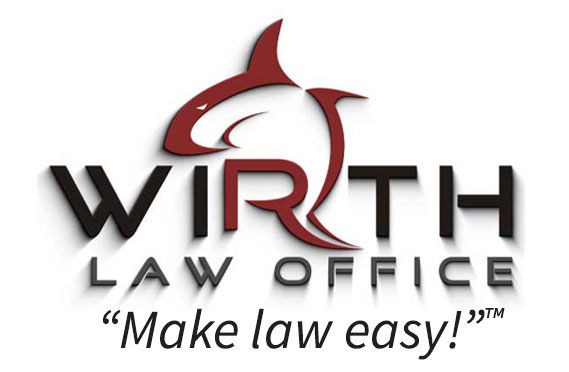Among all the reasons people first contact an attorney, their concerns most often can be summarized as two questions: can you help me, and what is it going to cost me.
While it’s often easy for a person to explain their legal problem to an attorney in simple terms, for various reasons, the matter of attorneys’ fees can be difficult for some clients to bring up. That’s understandable.
Attorneys fees can vary widely among lawyers, as can the basis on which attorneys assess fees. Legal costs associated with different criminal or civil cases can vary widely even among cases handled by the same attorney. And the way individual attorneys bill for their services can be different for various types of cases. An understanding of various approaches to structuring attorney’s fees can put to rest questions about costs and let you focus on your legal concerns when you meet with an attorney.
What is a retainer?
Hourly rates remain the most common method for assessing attorneys fees. Yet most attorneys request a retainer – essentially a down-payment – before they start work on a case. When hourly attorney fees and other costs associated with a case exceed the amount paid in a retainer, clients receive a bill.
Businesses or individuals who need recurring legal services often retain attorneys on a monthly or annual basis. The amount of the recurring retainer may be based on the attorney’s hourly rate and on the scope of an attorney’s services that may routinely be needed.
The vast majority of everyday people who seek out a lawyer, however, retain an attorney on a case-by-case basis. The amount of an attorney’s retainer for a particular legal matter is most often based on the attorney’s hourly rates, on costs likely to be associated with a case and on a reasonable estimate of the amount of time a case will require. The retainer in a simple civil filing may far less than an attorney’s retainer fee for defending against major criminal charges.
What is a flat rate?
The simplest way to pay for anything is to just pay a pre-determined price. In simple legal matters such as real estate transaction, an attorney may know in advance how much time and expense the matter will require. In those instances, an attorney may quote a flat-fee. In more complex cases, an attorney may offer an estimate of the eventual costs, but don’t anticipate a flat-fee for cases that are likely to involve hearings, multiple filings, investigation, specialized expertise and contentious legal argument.
What are hourly rates?
Hourly rates provide the basis for most attorney fees. Even when a client pays a retainer, the retainer amount essentially represents a certain number of attorney hours. When a matter requires more time, the attorney bills the client for the additional time on an hourly basis – often in a monthly statement or on some other pre-arranged schedule.
What is a contingent fee?
In a contingent fee arraignment, an attorney only gets paid when money is recovered for a client. The amount paid is usually a percentage of the amount recovered for the client. Ethics rules prohibit attorneys from offering contingent-fee arraignments in criminal cases or in some family-law matters. Contingent fee arraignments are more common in personal injury, workers compensation, Social Security and unemployment cases.
In contingent fee arrangements, clients may be responsible for other costs such as court filings, investigators costs, copying charges and other such incidental costs.
Similar to a contingent fee basis, a negotiated percentage agreement often determines the amount clients pay, especially in matters such as debt collection.
What are pre-paid legal services?
Sometimes criticized as pyramid schemes that generate income for participants by selling the scheme rather than selling the actual services, pre-paid legal services allow participants to pay a pre-determined amount in advance for specific legal services. Additional retainer fees and hourly rates may apply for other services.
Who pays attorneys fees?
The law and judges’ discretion varies depending on circumstances, but courts often award attorneys fees to the winner in a case, meaning the loser must pay both sides’ attorneys fees. In some family law cases, courts may allocate payment of fees based on each party’s ability to pay.
How much for an initial consultation?
Some lawyers charge for an initial consultation. Others do not. The Wirth Law Office Wagoner, Oklahoma attorney provides low-cost initial consultations for clients who need answers to simple legal questions or who want to find out what an attorney can do for them. The Wagoner attorney can provide assistance in bankruptcy, criminal defense, estate planning, family law, personal injury, probate, Social Security and workers’ compensation matters.
There’s no need to keep an attorney on monthly retainer, or pre-pay when you need basic legal information about a matter that concerns you. If you have a question about Oklahoma civil or criminal law as it affects you in a particular matter, contact the Wagoner attorney for a low-cost strategy session today at 1 (918) 485-0335 or submit a question using the “Ask the Attorney” form at the top of this page.







